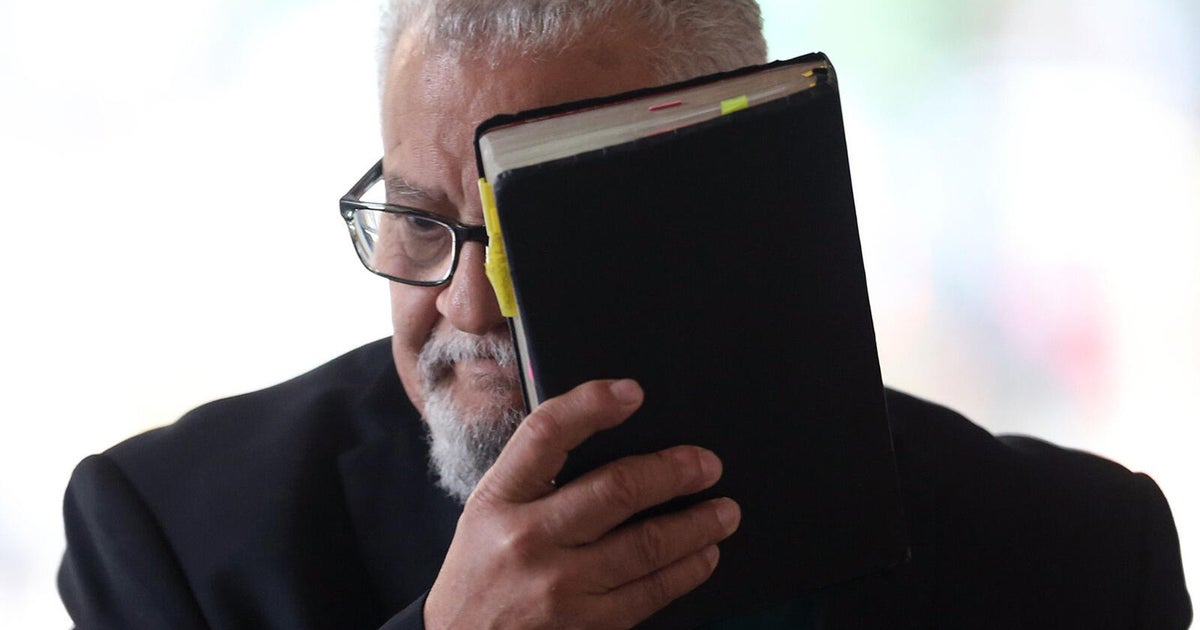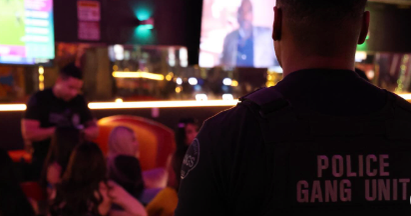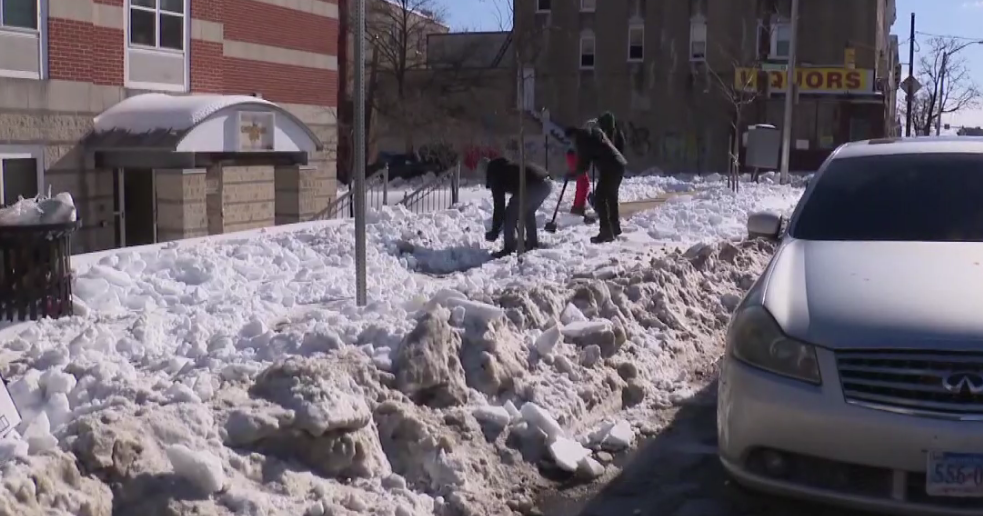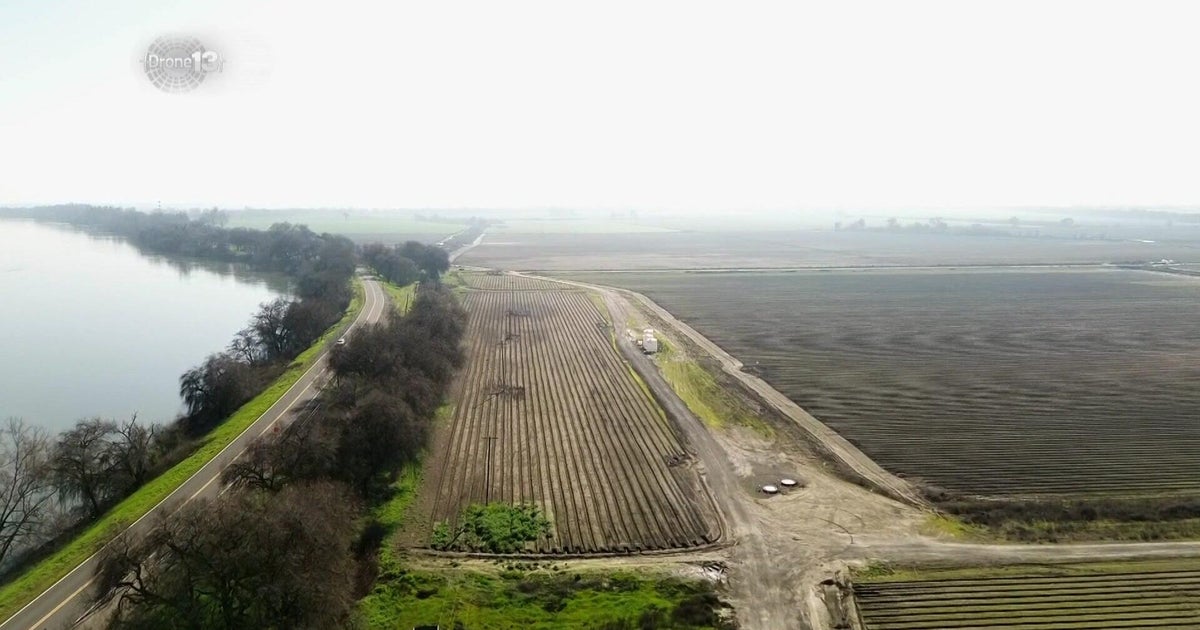Cuba Denounces 'Virtual' Castro Plot In New Game
The island's state-run media also took a dig at the CIA's real-life efforts to do in the island's revolutionary leader, who has survived dozens, perhaps hundreds of attempts on his life.
"What the United States couldn't accomplish in more than 50 years, they are now trying to do virtually," said an article posted on Cubadebate, a state-run news website.
The brouhaha surrounds one of the most highly anticipated shoot-em-up video games of the year, "Call of Duty: Black Ops," which went on sale in the United States on Tuesday. The game, from California-based Activision Blizzard Inc., takes players on secret missions to American Cold War enemies such as the Soviet Union, Cuba, Vietnam and Laos.
The Cuban operation is one of the first challenges players face in the ultra-realistic game. The mission takes place with John F. Kennedy in the White House in the months leading up to the 1961 Bay of Pigs invasion and the 1962 Cuban Missile Crisis, which brought the world to the brink of nuclear Armageddon.
Players must shoot their way through the colonial streets of Havana on a mission to assassinate Castro, then a young revolutionary who had recently overthrown dictator Fulgencio Batista. In a twist, they end up killing a body-double and are sent to prison in Siberia.
Cuba said the game attempts to legitimize murder and assassination in the name of entertainment
"This new video game is doubly perverse," the Cubadebate article said. "On the one hand, it glorifies the illegal assassination attempts the United States government planned against the Cuban leader ... and on the other, it stimulates sociopathic attitudes in North American children and adolescents."
Messages left by The Associated Press with Activision were not immediately returned Wednesday.
The article said psychological studies show that violent video games can produce anti-social behavior in the young because players must take an active part in the bloodletting in order to win. Watching violent movies, by contrast, is a more passive pursuit and thus less likely to produce copycat behavior.
Christopher J. Ferguson, a psychology professor at Texas A&M International University who studies video-game violence, said such studies are off-base.
"There is really a lot of, obviously, rhetoric and politics going on," he told the AP. "At this point, there is no evidence that video games, violent or otherwise, cause harm to minors."
Ferguson said youth violence in the United States "is at its lowest level in 40 years," yet studies show that as many as 95 percent of young men have played violent video games at some point in their lives.
Video games are becoming increasingly big business, with development budgets rivaling those of big-screen movies. Players are also getting older. Game industry group Entertainment Software Association says the average game player in the U.S. is 34 years old.
"Call of Duty: Black Ops" is only for sale to players 17 years old and older. It is not the first military-style shooter game to generate controversy this year.
"Medal of Honor" from Electronic Arts Inc. was banned from U.S. military bases before it went on sale last month because it let players take on the role of Taliban fighters battling U.S. and NATO troops in Afghanistan.
Electronic Arts later changed the name of the combatants from "Taliban" to "Opposing Force."
Cuba says Castro has survived more than 600 attempts on his life. Others count the number of serious plots in the dozens, including CIA attempts to poison his pen and his trademark cigars; as well as efforts to recruit a former young German lover and to hide a gun in a TV camera.
American intelligence agents once allegedly hired a hotel worker to slip a fatal pill into Castro's milkshake. Like all the others, the plot was unsuccessful.
Castro is now 84 years old, having outlived the majority of the enemies of his generation, both inside Cuba and out. He turned over the presidency to his brother Raul -- first temporarily, then permanently -- in 2006, but remains leader of the Cuban Communist Party.
"I think I hold the dubious record of having been the target of more assassination attempts than any politician, in any country, in any era," Castro said in a July 1998 speech, drawing laughter from the crowd. "The day I die, nobody will believe it."
Despite the quip, the assassination attempts, as well as Washington's 48-year trade and travel embargo, have helped fuel a siege mentality on the island even two decades after the Cold War ended.
The location of the homes of both Fidel and Raul Castro remain state secrets, and state media rarely publish their schedules ahead of time.
When Cuba held real-life war games last year, a senior general said the island still had to guard against an invasion from the north, a notion President Barack Obama later dismissed as preposterous.
(© 2010 The Associated Press. All Rights Reserved. This material may not be published, broadcast, rewritten, or redistributed.)







